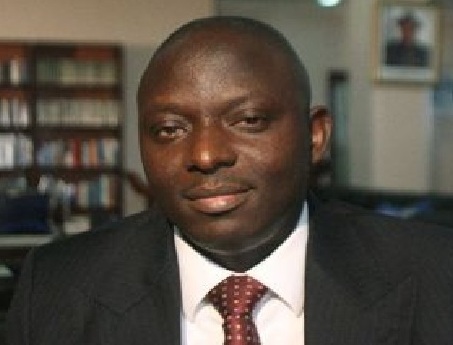The Lagos Division of the Court of Appeal has discharged and acquitted a former director-general of the Nigerian Maritime Administration and Safety Agency (NIMASA), Patrick Akpobolokemi, of the allocation of N754.8 million fraud.
The appellate court, in a unanimous verdict, upheld Akpobolokemi’s appeal, set aside the ruling of the Ikeja High Court, which had dismissed his no-case submission, and quashed the 12-count charge filed against him by the Economic and Financial Crimes Commission (EFCC).
The EFCC had arraigned the defendant before the lower court for conspiracy, theft, and forgery related to alleged illegal transfers from the VIMSAS committee account.
He was initially arraigned alongside several others, but the charges were later amended to include only him and one additional defendant.
The trial judge, Justice Raliatu Adebiyi, ruled that the EFCC had established a prima facie case on some of the counts and ordered Akpobolokemi and his co-defendant to present their defence.
But dissatisfied with the ruling, Akpobolokemi, represented by his lawyers Collins Ogbonna and Kunle Gbolahan, appealed, arguing that the EFCC failed to link him to any wrongdoing.
The defendant also maintained that the anti-graft agency had relied on inadmissible evidence and unreliable witness testimonies, specifically those of PW9, PW10, and PW11, along with Exhibits P59–P61.
The Court of Appeal agreed with Akpobolokemi’s arguments, stating that he was neither a member of the VIMSAS Committee nor a signatory to any of the Committee’s accounts.
The upper court further held that the defendant did not sign or approve any withdrawal instructions or internal memos related to the alleged fraudulent transfers.
The court ruled that a trial court cannot rely on inadmissible evidence, even if no objections are raised during the trial, and concluded that such evidence should have been excluded.
The Court Appeal citing the principle that a court must act only on evidence admissible in law, the appellate court struck out the charges and acquitted Akpobolokemi, effectively ending the long-running case in his favour.
During the trial, the defence counsel maintained that the EFCC failed to prove its case, while the Commission’s counsel, Rotimi Oyedepo, argued that the evidence, including testimony from 12 witnesses, supported the charges.











